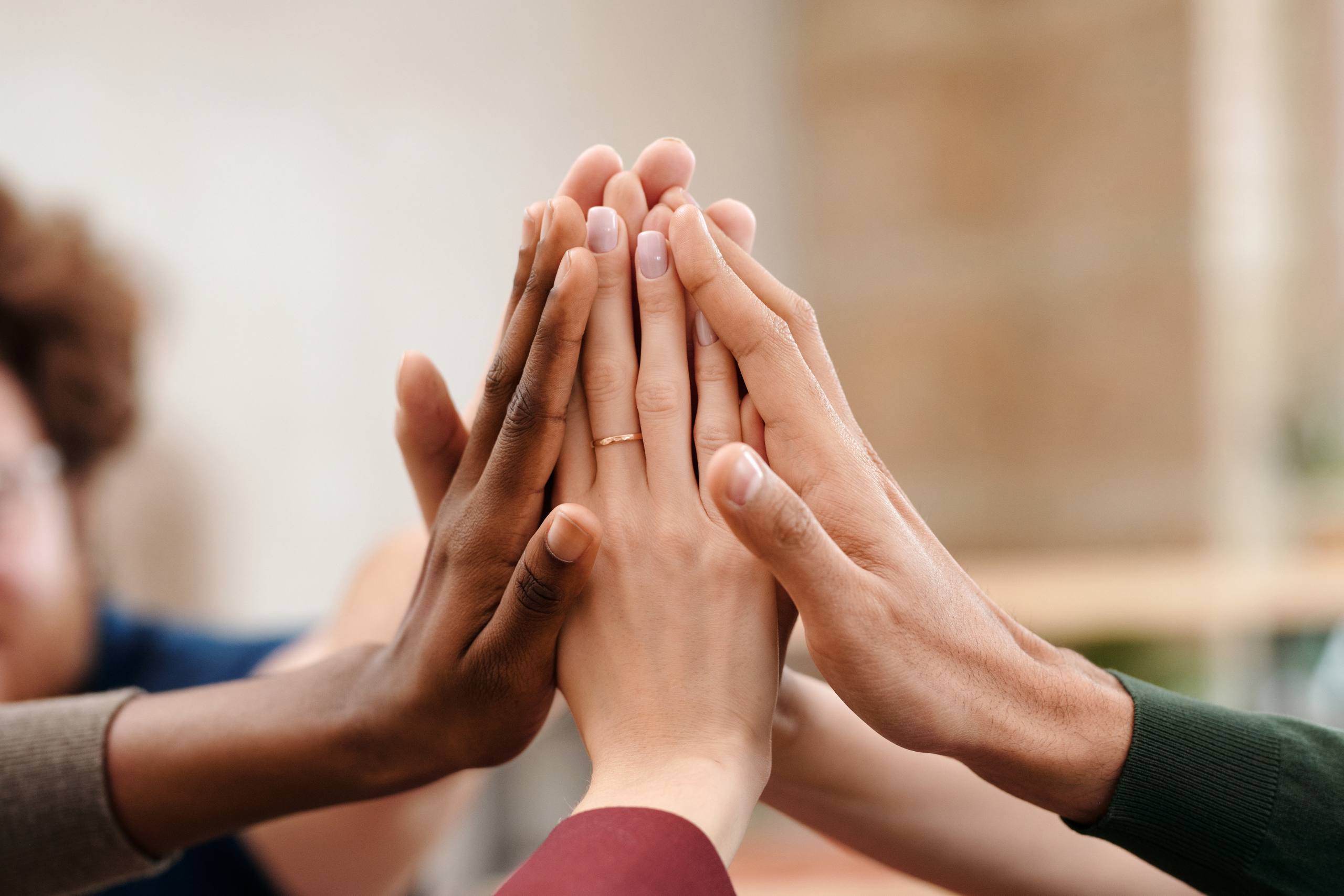When a loved one is struggling with an eating disorder (ED), family and close friends often feel helpless and overwhelmed.
When you try and take action, you’re often not sure if you’re helping or harming the situation. You worry all the time.
You want to help, but you just don’t know how.
That’s why family and chosen family education is such an important part of eating disorder treatment, and we put a lot of effort into it here at Koru Spring. The more you know, the calmer and more empowered you feel, which makes you better equipped to help your loved one.
Here are eight things to know about EDs that will help you do exactly that.
- You are important to them. Undergoing eating disorder treatment is challenging and individuals struggling require continued support. They still need you, and we still need you. The alliance between you, your loved one, and clinical staff forms a powerful treatment team that is critical for a successful recovery.
- You’ll become an extra set of eyes. As you learn about EDs and how your loved one’s ED presents itself, you’ll be able to recognize warning signs that your loved one may be experiencing a lapse once they leave residential care. You’ll know what to look for that is positive and negative, and can help them stay on the path to long-term recovery.
- The ED is separate from your loved one. This is such an important distinction for family members and friends to learn. By the time their loved one enters treatment, many families are at the point where they can no longer separate their loved one from the eating disorder. But the two are separate. Your loved one is living with the ED, they are not the ED.
- The ED acts as a coping mechanism for your loved one—albeit a deeply flawed and destructive one. Again, hearing this often comes as a surprise to family members. Eating disorders are not a choice or phase, understanding this allows families to better support their loved one. Research shows that an ED is the way a person may deal with difficult emotions, depression, trauma, severe anxiety, or any highly disruptive aspect of their daily life that can’t be processed more directly or constructively.
- EDs share common characteristics. It’s often a relief when families learn that other people have the same condition that their loved one has and exhibit the similar behaviors. That’s what the disorder does to people! It also means families can learn how others in their position cope, and how they support their loved ones.
- Coping with your own frustrations can be challenging. When families learn about EDs, they often realize that anger isn’t the best response to their loved one’s behaviors. Eating disorders can lead to conflicts and frustrations among family members. Remember the individuals suffering may feel out of control and helpless against the behaviors. Validation and compassion are key in the recovery process. You are a powerful ally on their journey of recovery.
- EDs thrive in isolation. Knowing this has important practical applications for families. Consistent, empathetic engagement with your loved one is essential. For example, we often counsel family members to make the effort to eat together once their loved one returns home after residential care. Going from never eating together to eating every dinner together is unrealistic, but doing so once or twice a week can be a highly therapeutic way for families and their loved one to re-integrate after being apart.
- Look after your own mental health so you can better support your loved one’s ED treatment and recovery. When work with moms, dads, siblings, or close friends in family group therapy, they’re often struggling emotionally.
The great news is, the ED information families take away from these therapy sessions—including some of the things I’m covering in this post—can make a difference to their mental state. They feel less anxiety, more empowerment, and are better able to face their loved one’s ED in a positive, constructive manner.
Other proven ways to boost your mental health include time in nature, adequate sleep, mindfulness and relaxation exercises, individual and group therapy, and spending time with loved ones.
Final thoughts
There’s no magic formula for helping your loved one in treatment. I wish there was, but each treatment journey is different.
Eating disorders are complex and relentless mental illnesses, and supporting a loved one is hard work.
Two final things to consider: education and communication.
We touched on that first one with this blogpost. The more you can learn about eating disorders, the better positioned you’ll be to understand and support your loved one. (It’s also going to put you in a much better head space.)
It’s also important to be able to communicate with your loved one about what they’re going through. That means listening, and responding without judgement.
Good communication is also about making informed suggestions when appropriate, and letting your loved one know what you are seeing and feeling. That input can be very helpful to someone whose thoughts are sometimes clouded by their condition.
Education and communication. Together, they go a long way to help your loved one on their journey back to health.




